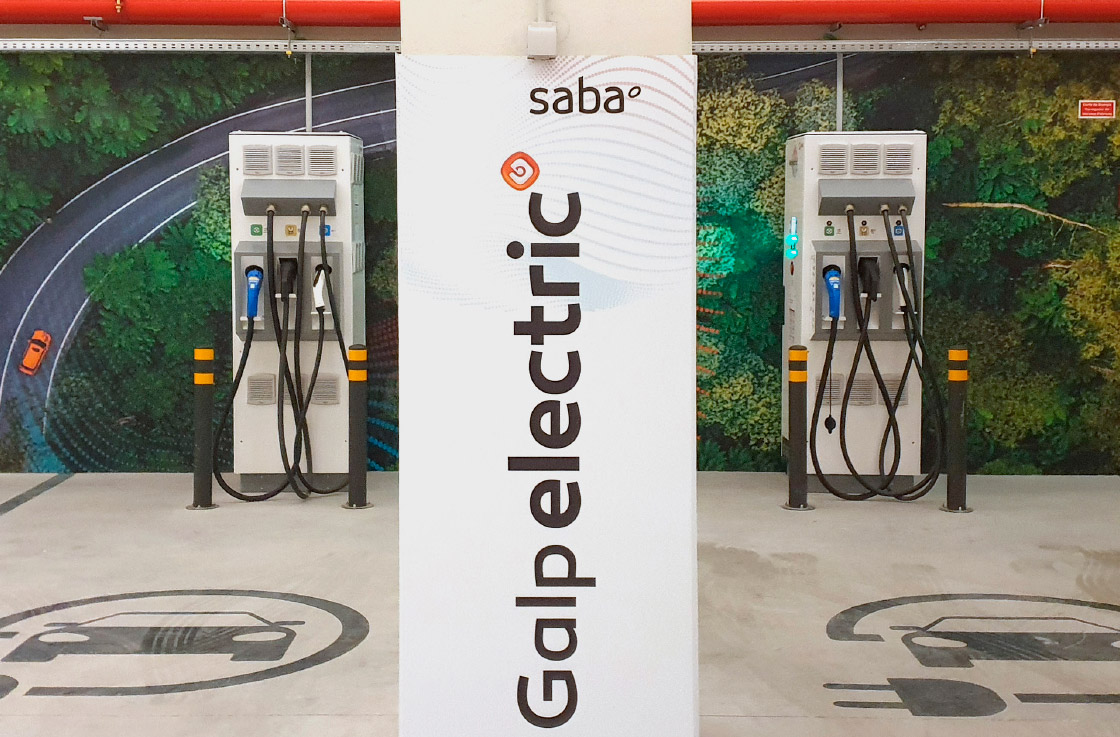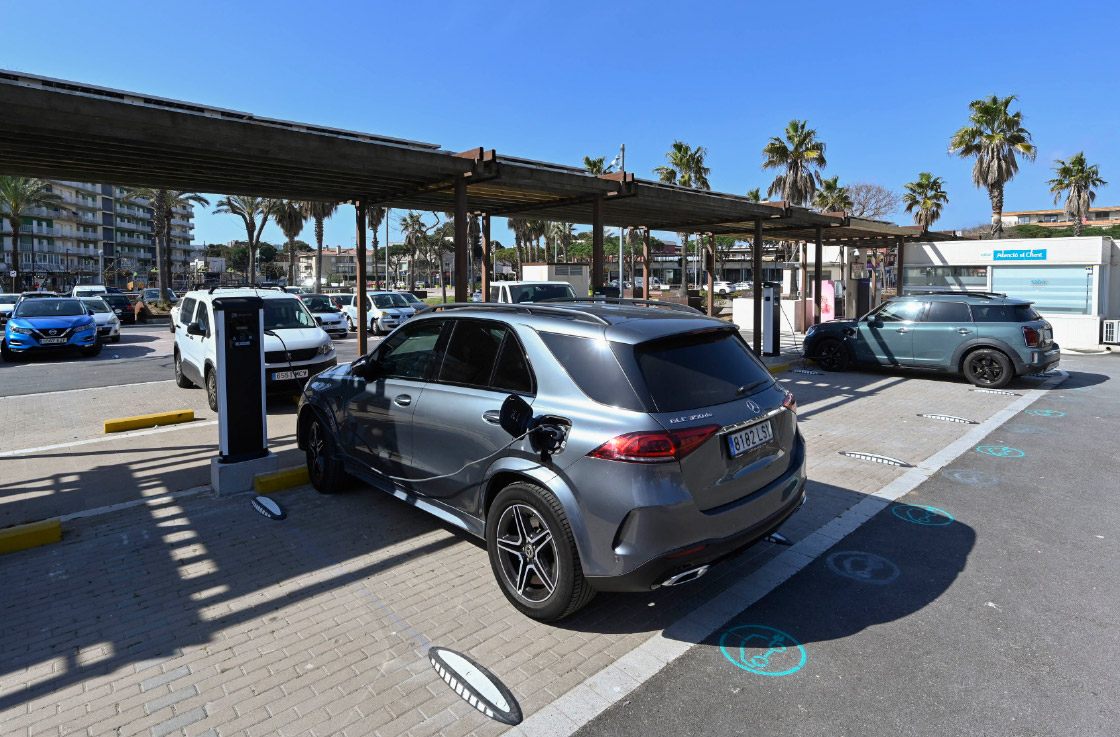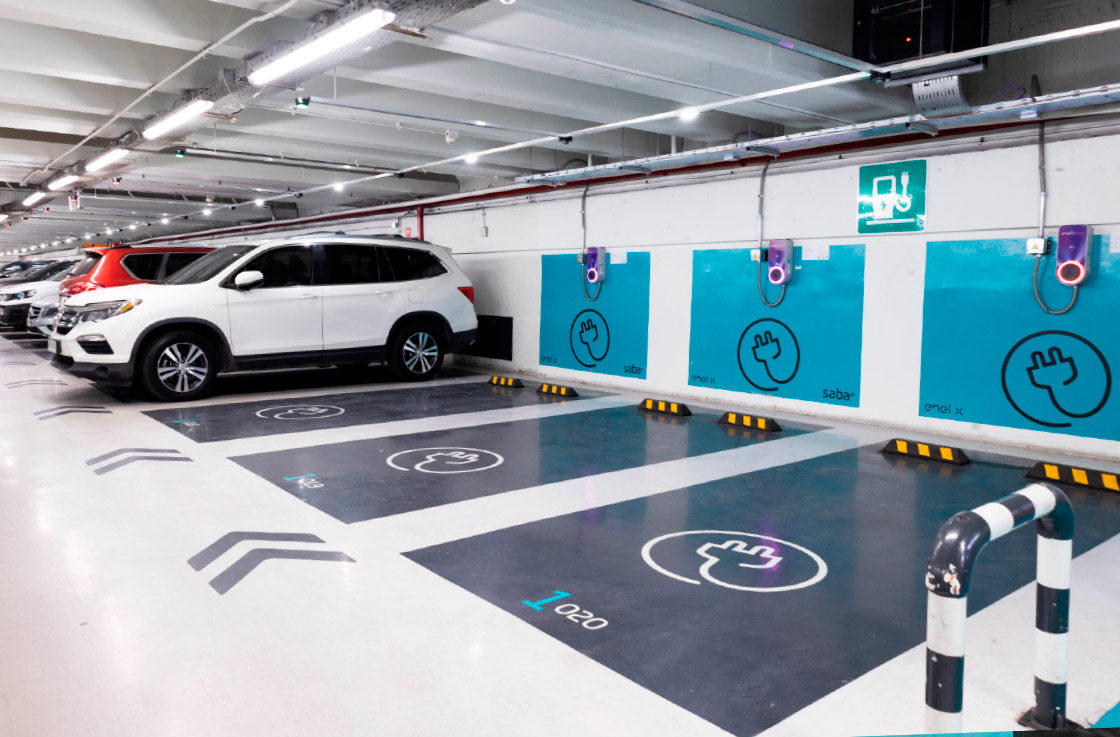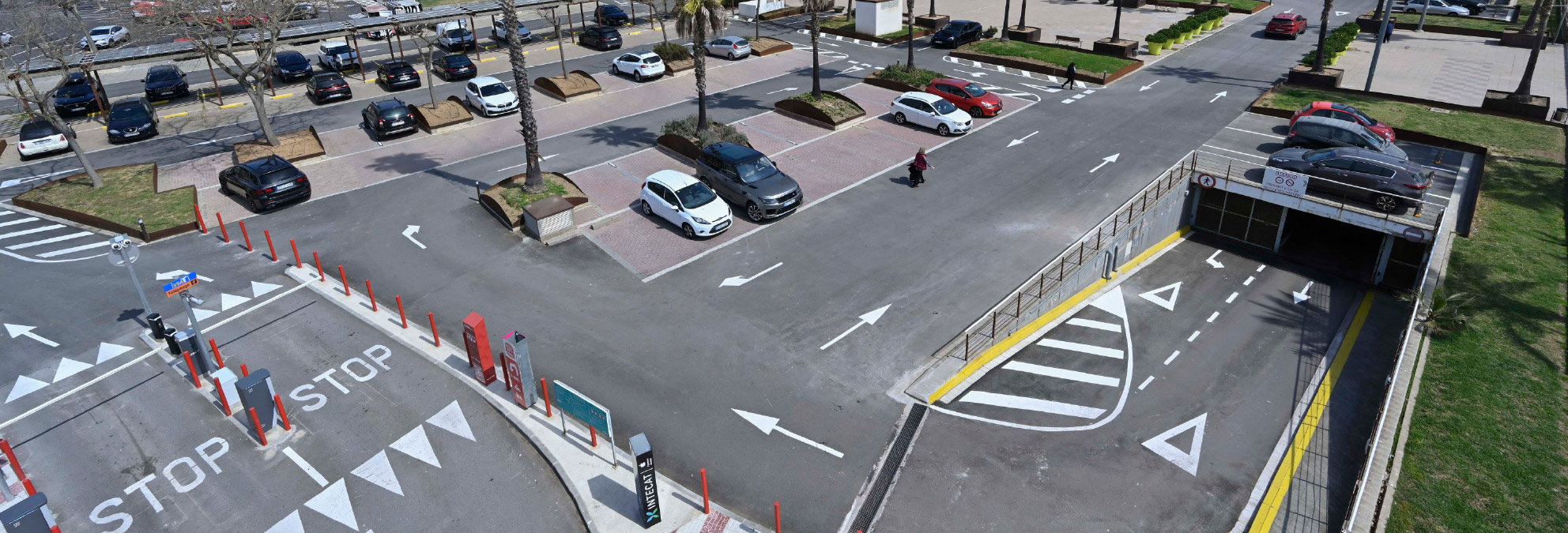At the close of 2022, the company had close to 600 charging stations in 6 countries, 22% up on the previous year. This sustained growth is a reflection of the company's desire to promote the deployment of electric vehicles in all its modalities, following European and local directives in each country.
Car parks provide a great opportunity for offering electric charging point infrastructure, for all vehicles, private, shared and fleets, in the various modes: fast and semi-fast - and for all needs, whether they are isolated demand or from subscribers; in cases where the car is in the car park overnight or remains there while its owner works.
This is a major strategic commitment for Saba, a service in which the company has been innovating since 2018. It currently has one of the largest networks in the sector, with the capacity to respond to the future of the electric automotive industry. In addition, Saba launched ParkElectric on the market in 2020, the first product that facilitates charging for users who do not have a private charger for their electric vehicle at home. With ParkElectric, Saba manages not only to meet the demand of short-stay customers, who can make ad-hoc use of the chargers, but also that of its subscribers, by offering a linked charging service.





















